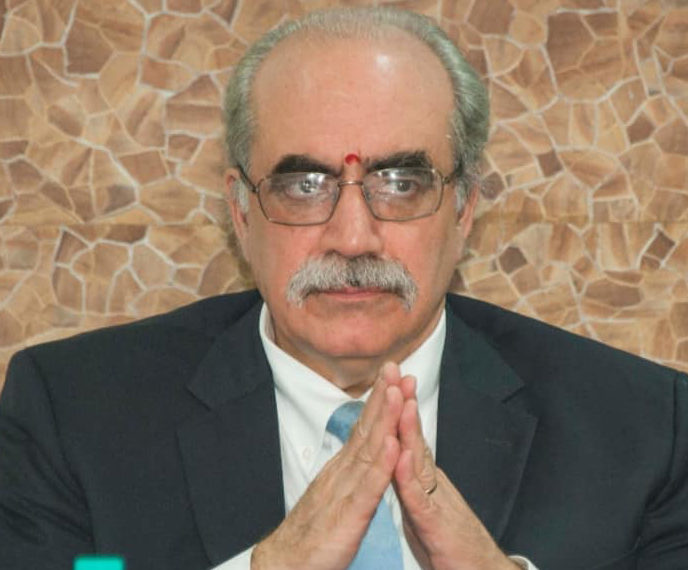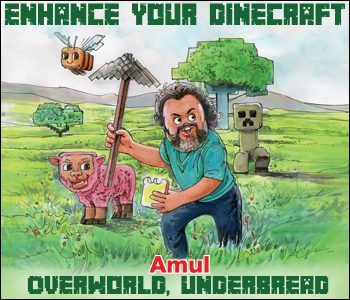World Credit Cooperative Union (WOCCU) President Mr Brain Lee Branch is currently visiting India. He has short-listed three zones of intense co-operative activities in the country, namely Maharashtra, Karnataka and Gujarat. On Friday he was in Ahmadabad when Indian Cooperative could catch up with him, thanks to the efforts of Satish Marathe who took the pain of connecting us with Branch.
Excerpts:
Q What brings you to India?
Answer It is a fact finding visit. We have got this opportunity to visit India. It is basically aimed at updating ourselves on what is happening here on credit co-operative fronts.
Q What is your first impression of credit co-ops in the country?
Answer: Indian cooperative movement has tremendous scale. The cooperative sector penetrates the whole country and serves a large segment of population here.
Q Despite being so widespread co-ops fail to contribute even less than 1% to the nation’s GDP. What in your view ails co-op here?
Answer: Problems of credit coops of India are common to credit unions of several other countries. It’s a universal experience. The problem is mainly technological as well as not attracting youngsters into the co-operative fold.
Q That’s an oft-repeated answer; what is the way out in your view?
Answer: That is a good question-the way out. I will tell you what co-ops in several other parts of the world are doing-they are pooling their resources and creating values for themselves. Fortunately, cooperatives have an attitude of helping each other. In several countries they have created payment platforms by pooling their resources. Besides improving their services, this way they are also able to meet the norms of the regulator.
Q From a distance, co-ops operating in USA do not appear to be co-operative in the true sense of the word. Credit unions or electrical co-ops sound too corporate to be co-ops?
Answer: What distinguishes a cooperative from other form of business is its nature of service. And in this sense American cooperatives are true cooperatives as they are member owned and member controlled. So is the case with cooperatives anywhere else in the world. It serves the working class and people of middle income group in the USA, among others. The bottom line is they observe cooperative governance in their operations.
Q USA being primarily a capitalist economy, don’t you feel hedged in to conduct co-op business? Holding out against the challenges of the market economy must be tough?
Answer: Interesting! USA is no doubt a market economy but there is no restriction for co-operatives to operate. It is true that in the last 15 years big banks have increased their market share as more and more people have begun to bank with them. But credit unions have not lost their share. In fact we have increased our market share. The worst hit has been community banks which have lost their market share.
The main thing is to remain viable.
Q How far co-ops follow co-op Principles in your country famous for cut-throat competition?
Answer: We follow co-op principles very seriously. In fact, values enshrined in the co-op principles are so good that even corporates have to follow them. Ecology, human dignity, stuffs like that are a must for any society.
Q Why are you not a member of ICA?
Answer: ICA is a multi-layered organization catering to almost all the fields of cooperative while WOCCU specializes in finance and thus we are not part of ICA.
Q Why has WOCCU left out two big human societies-India and China?
Answer: We are in India precisely for that reason. We wish to understand the working of credit co-ops here. We are discussing with the stake-holders sitting across the table.
With China the issue is different. Due to varying governance models from province to province it is sometimes burdensome to deal with the situation. But still we are engaging with them. We receive visitors from China and also exchange technology. The process of integrating the two big players is very much on.














































